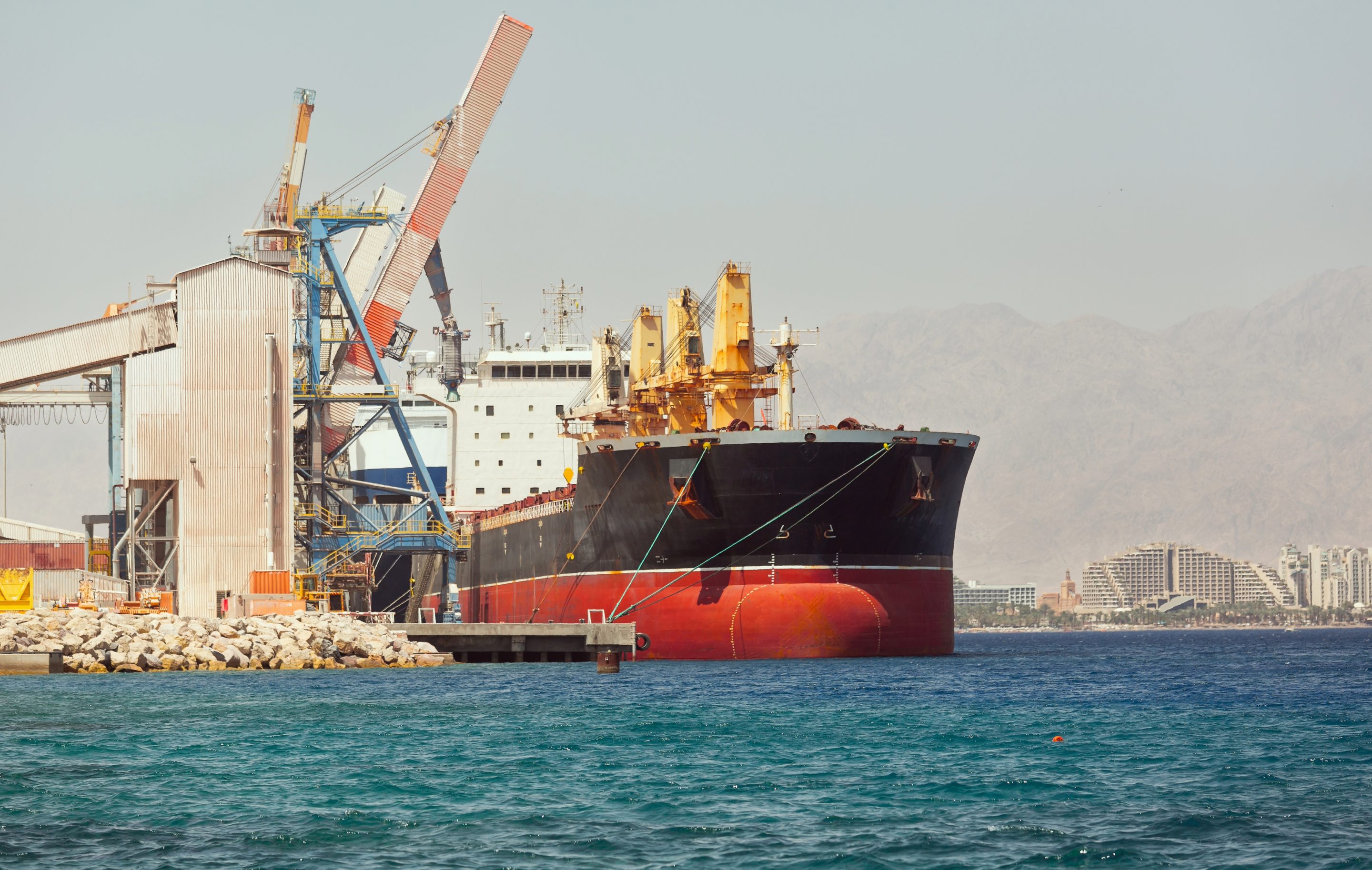Discover the ripple effect of Houthi militia attacks in the Red Sea on global shipping routes. Dive into how the shipping detour, spanning 4,000 extra miles around Africa, impacts employee relocation. Explore the surge in container rates, tripled shipping prices, and challenges faced by the industry. Navigating through disruptions, find insights on cost increases, delays, and innovative solutions for seamless employee relocations amid evolving geopolitical dynamics.

Household Goods Shipments Through the Red Sea
In recent months, the Red Sea has become a hotspot for geopolitical tensions, with Houthi militia attacks disrupting vital shipping routes. The repercussions of these attacks are reverberating across various industries, and one sector feeling the impact is the employee relocation industry. In this blog, we explore how the Houthi attacks are causing a ripple effect, particularly affecting household goods shipments for employees in transit.

The Shipping Detour through Red Sea Crisis:
The Houthi attacks have compelled hundreds of ships to take an extraordinary detour, circumventing the Red Sea and sailing an additional 4,000 miles around Africa. This diversion not only burns extra fuel but also inflates costs and adds significant travel time, causing delays in the shipment of goods.
Shipping companies, in response to the increased costs of sailing around Africa, have tripled the prices for container shipments from Asia to Europe. This surge in prices is putting a strain on businesses, especially in the employee relocation sector, where timely and cost-effective shipments are crucial.
Container Rates and Surcharges:
Global shipping rates are skyrocketing due to the Houthi attacks, with data showing a 461% surge in rates for shipping goods from Asia to Northern Europe compared to mid-October. Carriers are also imposing surcharges ranging from $500 to $2,700 per container. These additional costs are affecting the bottom line for companies involved in employee relocations.
International shipping remains as complex as ever. While port congestion and other supply chain issues have largely gone away, conflicts — such as the one we are seeing in and around the Red Sea, and natural disasters such as the drought in Panama — continue to make things challenging from a logistical standpoint on shipping.
Now, more than ever, it is important to lean on quality supplier partners that can keep abreast of the changing circumstances. At WHR Global, we want everyone to be aware; having patience with timeframes and being understanding of fluctuating fees is critical to navigate an international shipment.

Employee Relocation Challenges:
For the employee relocation industry, these disruptions mean significant cost increases and delays in shipments from the Middle East to Europe and other regions heavily reliant on the Suez Canal. The extended journey length around Africa, as ships avoid the Red Sea, reduces the effective capacity of trips by about 25%, as estimated by UBS.
Conclusion :
As the Houthi attacks in the Red Sea continue to impact global shipping routes, the employee relocation industry finds itself grappling with increased costs, delays, and logistical challenges. Stakeholders in this sector must navigate these turbulent waters, seeking innovative solutions to ensure the smooth and timely relocation of employees and their household goods in the face of evolving geopolitical dynamics.
